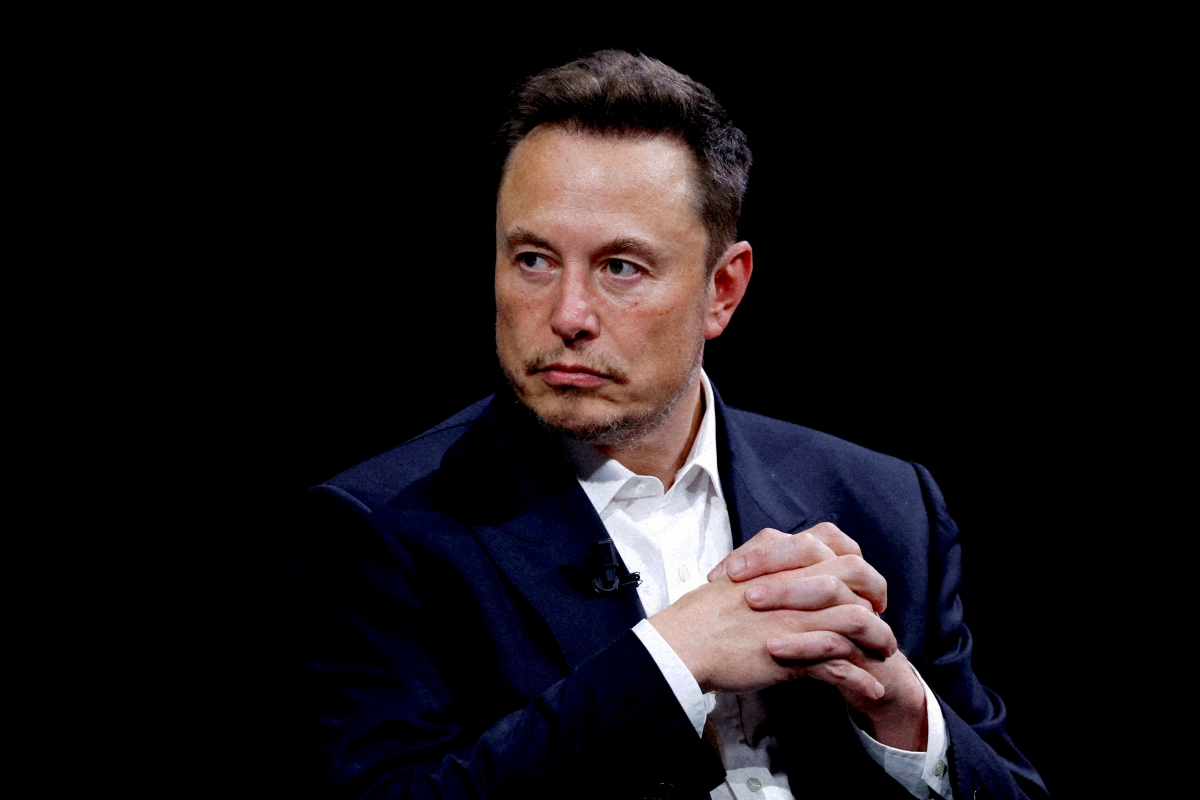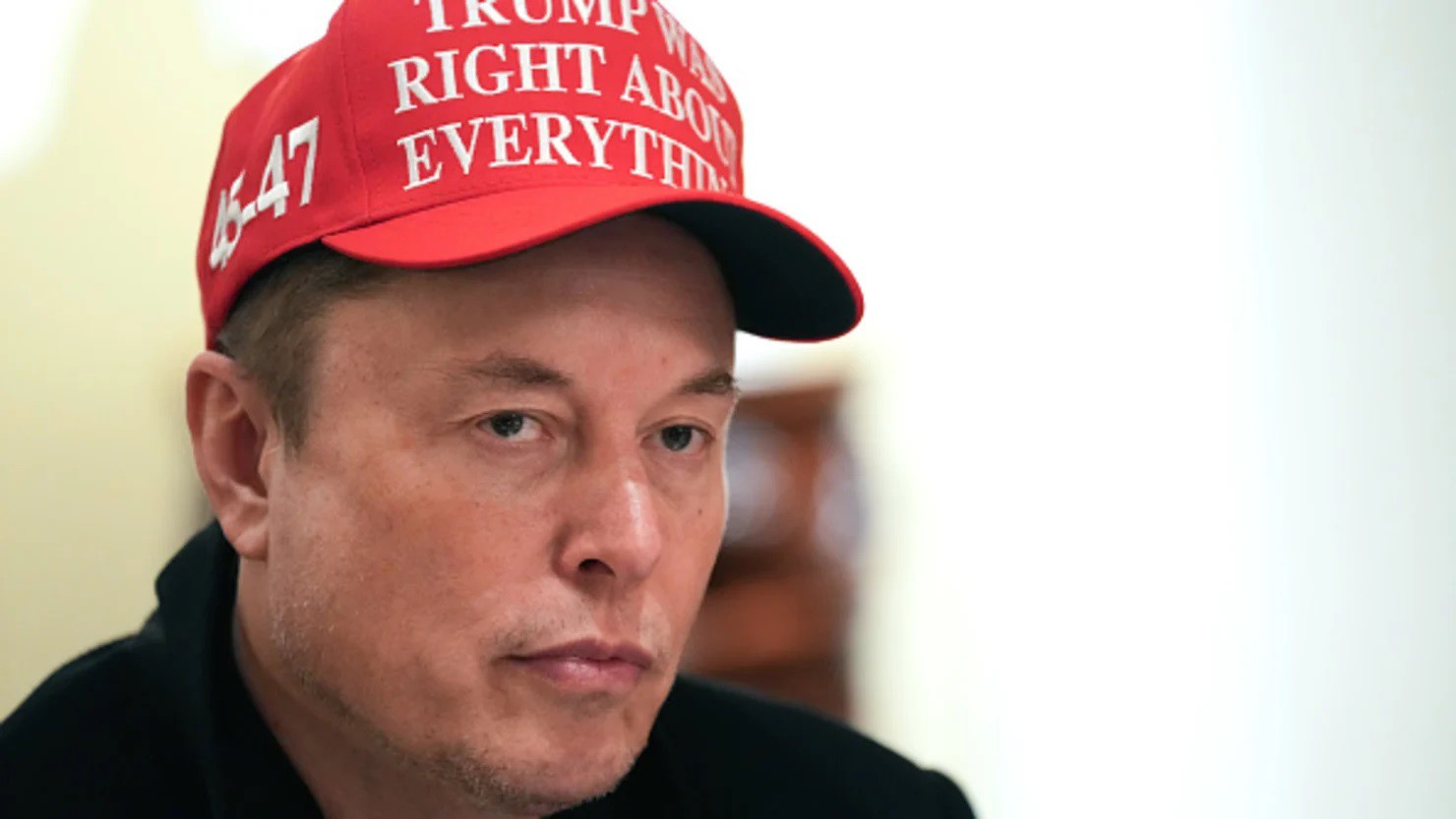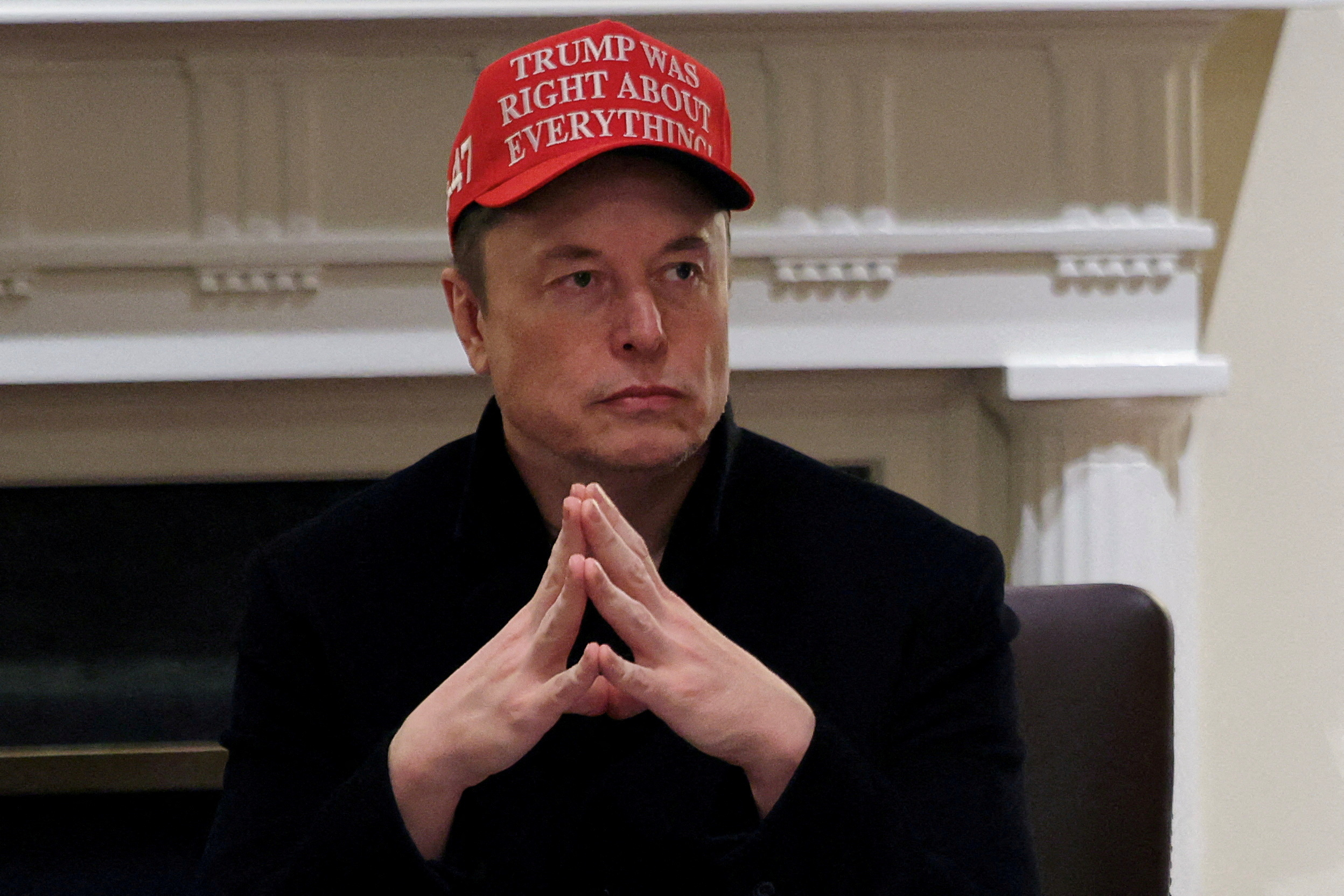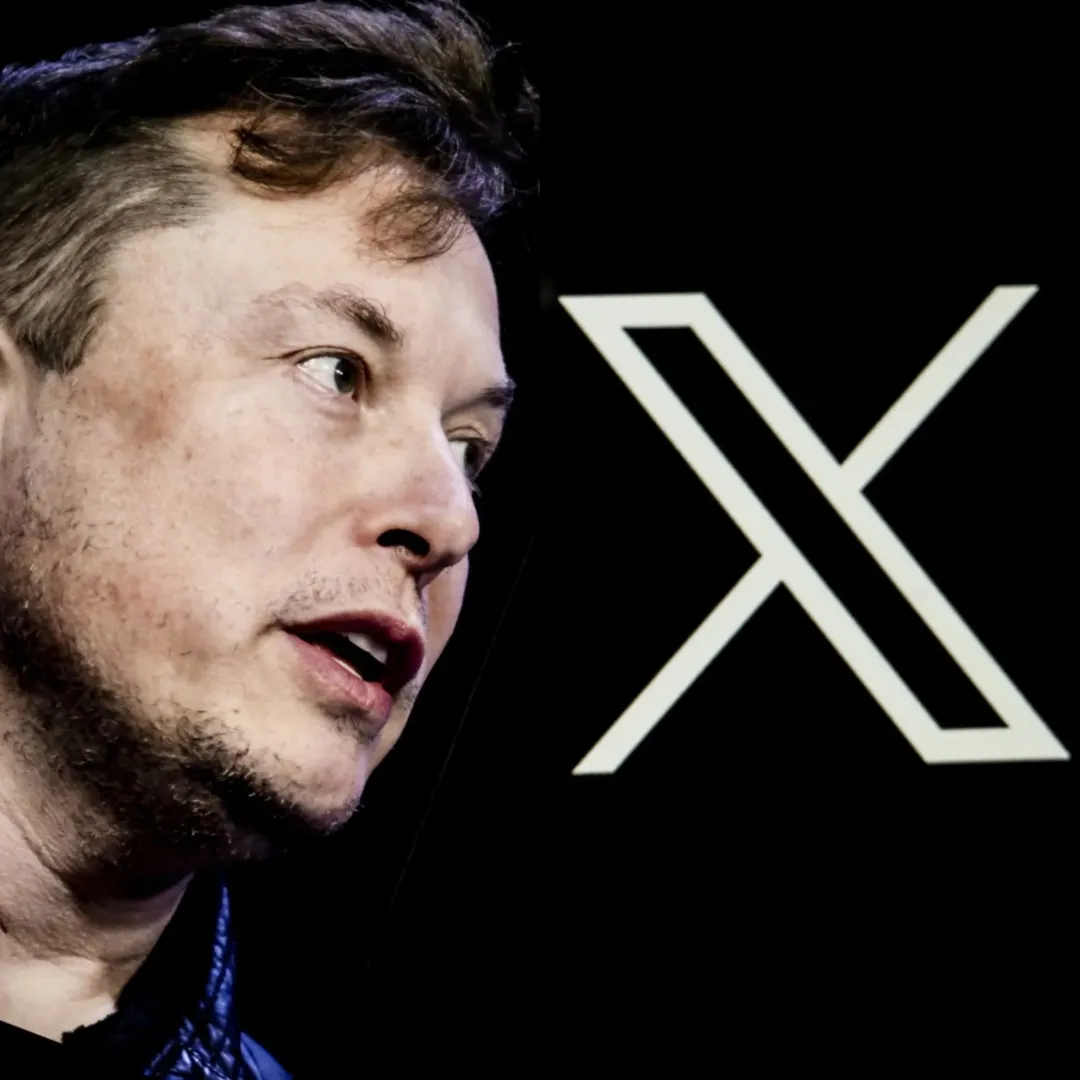
In what has quickly escalated into a major environmental controversy, Elon Musk’s artificial intelligence company xAI is under intense scrutiny for allegedly causing severe pollution in Memphis, Tennessee. Accusations from local communities and environmental advocacy groups have thrust xAI into an unwelcome spotlight, with potential fines reaching up to $50 million. At the heart of the outrage are claims that xAI secretly operated dozens of gas turbines without proper permits, releasing harmful emissions in predominantly Black neighborhoods that have long suffered from industrial pollution and systemic neglect.
The scandal emerges at a critical moment for Musk’s latest venture. Not long ago, Musk proudly announced that xAI had completed the construction of Colossus, claimed to be the world’s largest supercomputer, within an astonishing 122 days. Located in Memphis, Colossus was designed to catapult xAI into dominance over rivals in the AI arms race.
The company’s website boldly states that they stripped away every unnecessary layer to expedite construction, asserting full control over all aspects of the build while questioning the importance of any factor that could delay the project’s completion. However, this aggressive approach is now being blamed for major regulatory oversights and environmental violations.
Residents of Memphis, especially long-established Black communities living near the Colossus facility, allege that xAI operates significantly more turbines than the fifteen units disclosed in its permit applications. They claim that xAI is the largest contributor to the thick smog now choking their neighborhoods, all without proper governmental oversight or authorization.

The Southern Environmental Law Center (SELC), working alongside local residents, has formally petitioned the Shelby County Health Department to reject any emission permits requested by xAI, citing "astonishing lack of transparency" and failure to adequately disclose operational activities. KeShaun Pearson, the president of the nonprofit Memphis Community Against Pollution, accused xAI of perpetuating environmental racism by refusing to engage in dialogue with nearby residents.
Pearson emphasized that xAI’s conduct shows a blatant disregard for the health and well-being of Memphis citizens, treating them as unworthy of basic communication. This sentiment intensified after anonymous flyers titled "Facts Over Fiction" were distributed across predominantly Black neighborhoods, attempting to downplay xAI’s environmental impact and claiming minimal emissions. The distribution of these flyers coincided with a crucial investigation by SELC, which gathered aerial thermal imaging suggesting that xAI had grossly understated the scale of its operations.
Using thermal imaging collected with the assistance of SouthWings, SELC detected heat signatures from 33 active turbines, a finding that directly contradicts xAI’s public statements about the scope of their activities. Senior attorney Amanda Garcia of SELC argued that these images validate concerns that xAI is exploiting nondisclosure agreements with local authorities to avoid public scrutiny and operate without proper environmental controls.
Garcia also pointed out that Musk’s other companies, including SpaceX and The Boring Company, have previously faced fines in Texas for environmental violations, reinforcing fears that xAI may be repeating a pattern of regulatory defiance. Further complicating the controversy is the potential health impact of xAI’s alleged violations.

Experts warn that emissions from gas turbines can include harmful pollutants known to exacerbate asthma, respiratory illnesses, and even certain forms of cancer. For a community already burdened with decades of industrial pollution and lower-than-average life expectancy rates, the stakes could not be higher. Residents argue that xAI’s actions represent not only a public health crisis but also a profound injustice against historically marginalized populations.
Despite the growing backlash, xAI appears determined to press forward. The company has announced plans to expand its Memphis data center, aiming to double its current scale. Musk has publicly declared that this is only the beginning, promising continued rapid construction and asserting that no one can match xAI’s pace or ambition.
xAI’s website further boasts that its Memphis facility represents an unparalleled achievement in both size and speed of construction, with no intention of slowing down. Financially, xAI’s ambitions are staggering. The company has already invested $7 billion into the Memphis data center and projects that total costs could soar to $200 billion within the next six years if it hopes to maintain a leading edge in AI development.
Colossus alone currently consumes approximately 300 megawatts of electricity, an amount comparable to the power needs of 250,000 households. Yet despite these massive energy demands, xAI offers few solutions to the growing sustainability concerns surrounding its operations. Instead, the company continues to forge ahead, betting that its technological breakthroughs will outpace the environmental and regulatory challenges piling up in its wake.

Meanwhile, xAI’s flagship products such as the Grok chatbot, which heavily relies on data extracted from Musk’s social media platform X, depend critically on the Memphis facility’s massive computing power. Plans to expand into areas like autonomous vehicles, robotics, and scientific simulation are similarly tethered to the Colossus infrastructure. However, critics argue that by ignoring environmental considerations and community health, xAI is building its empire on a deeply unstable foundation.
The situation in Memphis also highlights the growing tension between technological advancement and environmental justice. As companies race to dominate emerging sectors like AI, the human cost of unchecked expansion becomes harder to ignore. In xAI’s case, accusations of operating in secrecy, exploiting legal loopholes, and disregarding vulnerable communities have tarnished what was meant to be a triumphant narrative about innovation and progress.
Local, state, and possibly federal investigations into xAI’s conduct now seem inevitable. If the allegations are substantiated, xAI could face fines totaling $50 million or more, alongside a reputational crisis that could derail its aggressive expansion plans. Already, environmental groups and local activists are preparing for a prolonged legal battle, aiming to force greater transparency and stricter enforcement of environmental regulations.
For Elon Musk, the fallout represents yet another controversy at a time when public scrutiny of his ventures is intensifying. While Tesla and SpaceX have often been celebrated for pushing technological boundaries, recent years have seen Musk entangled in a growing number of disputes ranging from labor practices to political activism to now environmental compliance. The xAI debacle threatens to add a new and troubling dimension to his legacy, raising uncomfortable questions about the true cost of technological progress.

Ultimately, the unfolding drama in Memphis serves as a warning to the broader tech industry. Ambition and innovation must be tempered with responsibility and respect for the communities impacted by massive industrial projects. Ignoring these obligations risks not only financial penalties but also long-term damage to public trust—a currency far more valuable than any technological breakthrough.
As xAI barrels ahead with its $200 billion vision, the battle lines are being drawn in Memphis. It is a confrontation that will test not only the limits of Musk’s business empire but also the willingness of society to demand accountability from those who promise to shape the future. Whether Musk’s vision will triumph or falter under the weight of these growing controversies remains to be seen, but one thing is certain: the people of Memphis are determined to make their voices heard.
-1744274230-q80.webp)
-1745824144-q80.webp)

-1745566306-q80.webp)